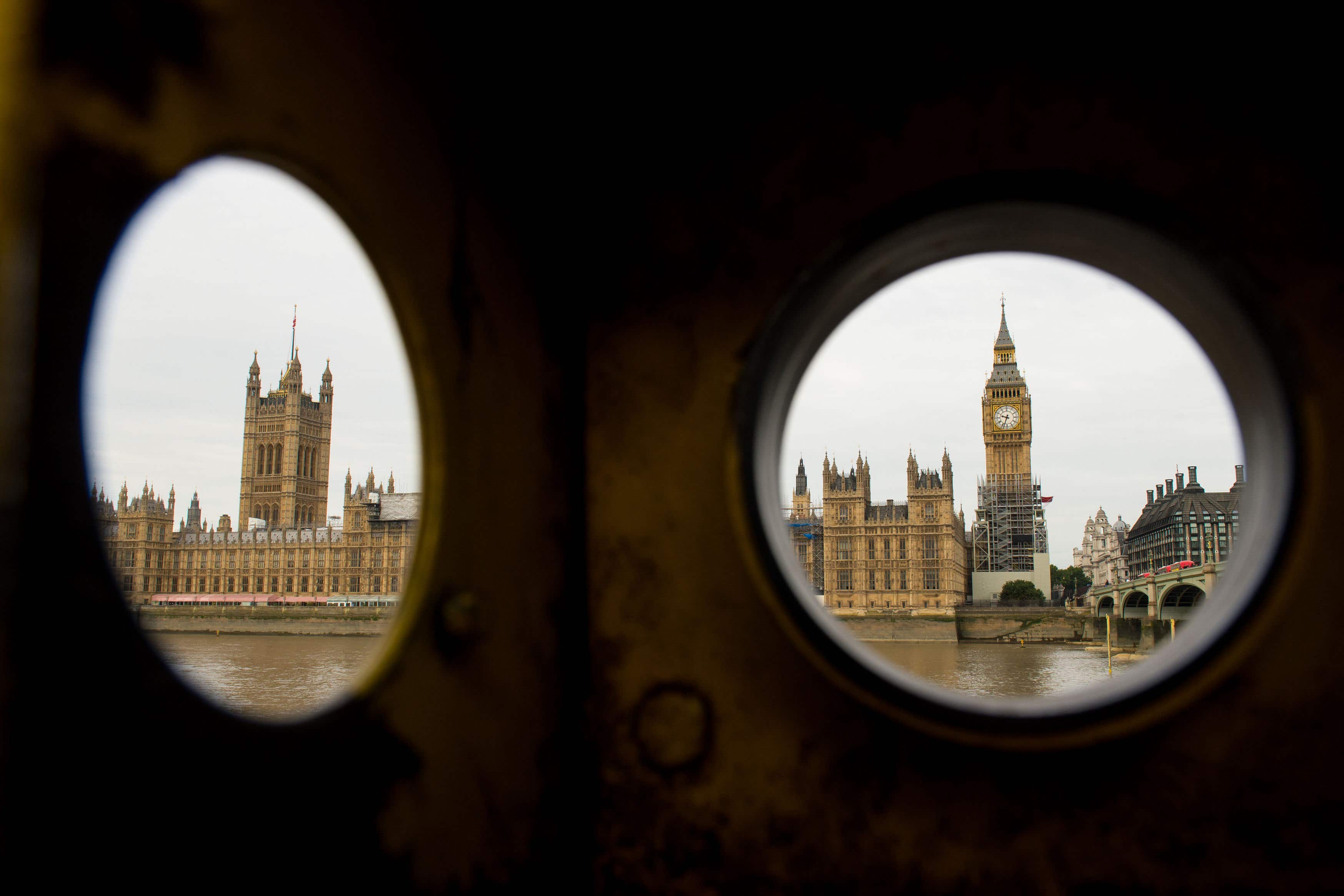Peers to debate proposed law to ban conversion therapy
Almost 50 peers are listed to speak on the Conversion Therapy Prohibition Bill, introduced by a Lib Dem backbencher.

Your support helps us to tell the story
From reproductive rights to climate change to Big Tech, The Independent is on the ground when the story is developing. Whether it's investigating the financials of Elon Musk's pro-Trump PAC or producing our latest documentary, 'The A Word', which shines a light on the American women fighting for reproductive rights, we know how important it is to parse out the facts from the messaging.
At such a critical moment in US history, we need reporters on the ground. Your donation allows us to keep sending journalists to speak to both sides of the story.
The Independent is trusted by Americans across the entire political spectrum. And unlike many other quality news outlets, we choose not to lock Americans out of our reporting and analysis with paywalls. We believe quality journalism should be available to everyone, paid for by those who can afford it.
Your support makes all the difference.A proposed law to ban sexual orientation and gender identity conversion practices will be considered in Parliament on Friday.
It would become an offence for any person to practise, or to offer to practise, conversion therapy in the UK under the Conversion Therapy Prohibition Bill.
Liberal Democrat Baroness Burt of Solihull has tabled the Bill in a bid to press ahead with implementing a ban after Government efforts stalled.
My Bill would require the police to demonstrate both action and motivation when attempting to prosecute in relation to this offence
Conversion therapy practices seek to change or suppress someone’s sexual orientation or gender identity.
The Government first announced its intention to ban so-called “gay cure” conversion therapies in 2018 as part of its LGBT (lesbian, gay, bisexual and transgender) action plan.
The proposals were initially intended to be “universal” and protect all LGBT people, although in 2022 then-prime minister Boris Johnson defended a decision not to include trans people.
In January 2023, the Government said it would set out how it would ban conversion therapy for “everyone” – including transgender people – in England and Wales.
Equalities minister Kemi Badenoch, in December 2023, told MPs that she remains “determined” to meet the pledge to publish a draft Conversion Practices Bill for pre-legislative scrutiny.
Lady Burt said: “Conversion practices do profound harm to LGBT+ people. The fact that the Government cannot even commit to a timeline on delivering a ban is shameful.
“This issue is too important to let the Conservatives kick the can down the road any longer. I am calling for (education minister) Baroness Barran and her Government to fully commit to ending this abhorrent practice.”
No parliamentarian who cares about parental rights or free speech or human rights should support this Bill
Lady Burt, in the House of Lords briefing for the Bill, also said: “Of course, it’s important to differentiate between psychological practice or religious advice and conversion therapy.
“A therapist, for example, who is exploring gender dysphoria with a young person in good faith – with no predetermined goal to change how that young person ought to be – shouldn’t be penalised.
“That’s why my Bill would require the police to demonstrate both action and motivation when attempting to prosecute in relation to this offence.”
Almost 50 peers are listed to speak during the Bill’s second reading on Friday in the Lords.
Christian Concern chief executive Andrea Williams urged peers to voice their opposition to the proposal, saying: “No parliamentarian who cares about parental rights or free speech or human rights should support this Bill.”
It is convention in the upper house for private members’ bills (PMBs), which are moved by backbench peers, to receive an unopposed second reading.
But plans to wreck the Bill traditionally come to the fore at committee and report, with amendments tabled by those who oppose the measures.
Without Government support, PMBs face an uphill task to clear all the required parliamentary stages to become law.